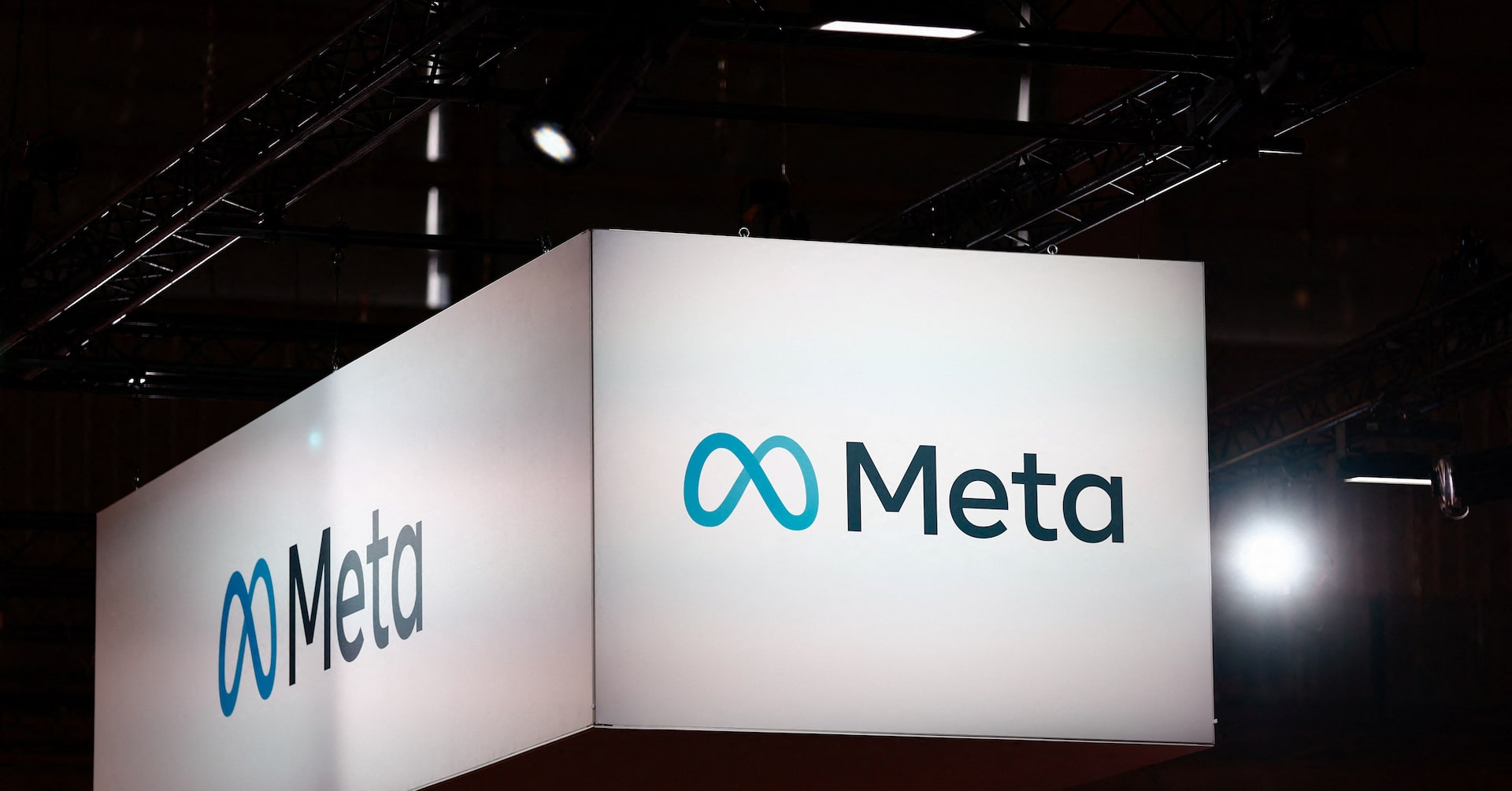Meta Under Fire: French Media Giants Launch Legal Assault Over Controversial Practices

In a bold legal challenge, major French media powerhouses are taking on tech giant Meta, the parent company of Facebook. TF1, France TV, and BFM TV have launched a lawsuit alleging unfair and unlawful business practices in the digital media landscape. The legal action, backed by prominent law firms, signals a growing tension between traditional media outlets and social media platforms over content monetization and digital rights.
These prominent French broadcasters are seeking to hold Meta accountable for what they perceive as systematic exploitation of their content without appropriate compensation. The lawsuit represents a significant stand by media companies against the dominant tech platforms that have dramatically reshaped the media consumption ecosystem in recent years.
By pursuing this legal action, the French media companies aim to protect their intellectual property and challenge the current digital content distribution model that has often favored tech giants at the expense of content creators.
